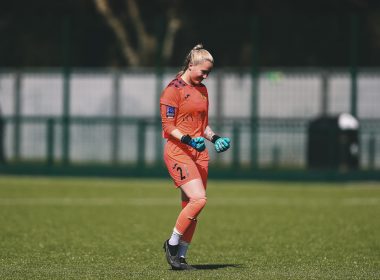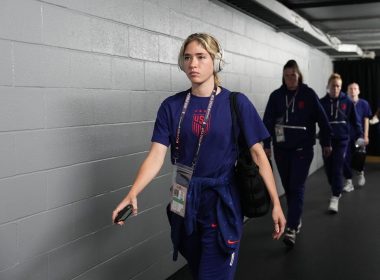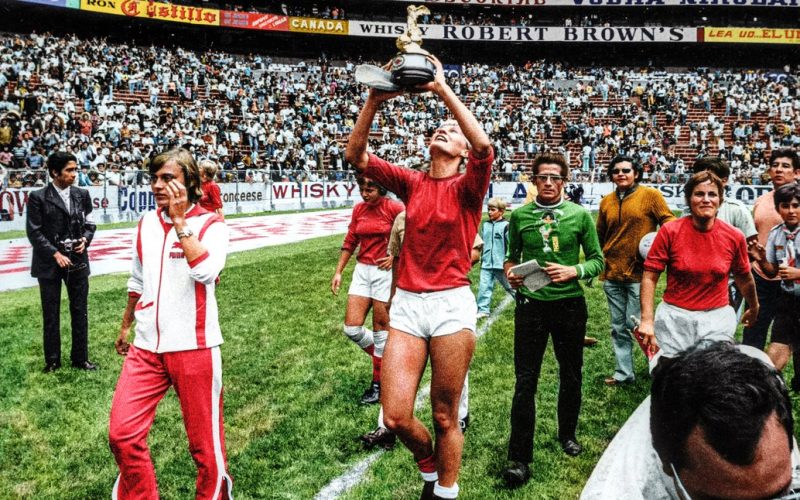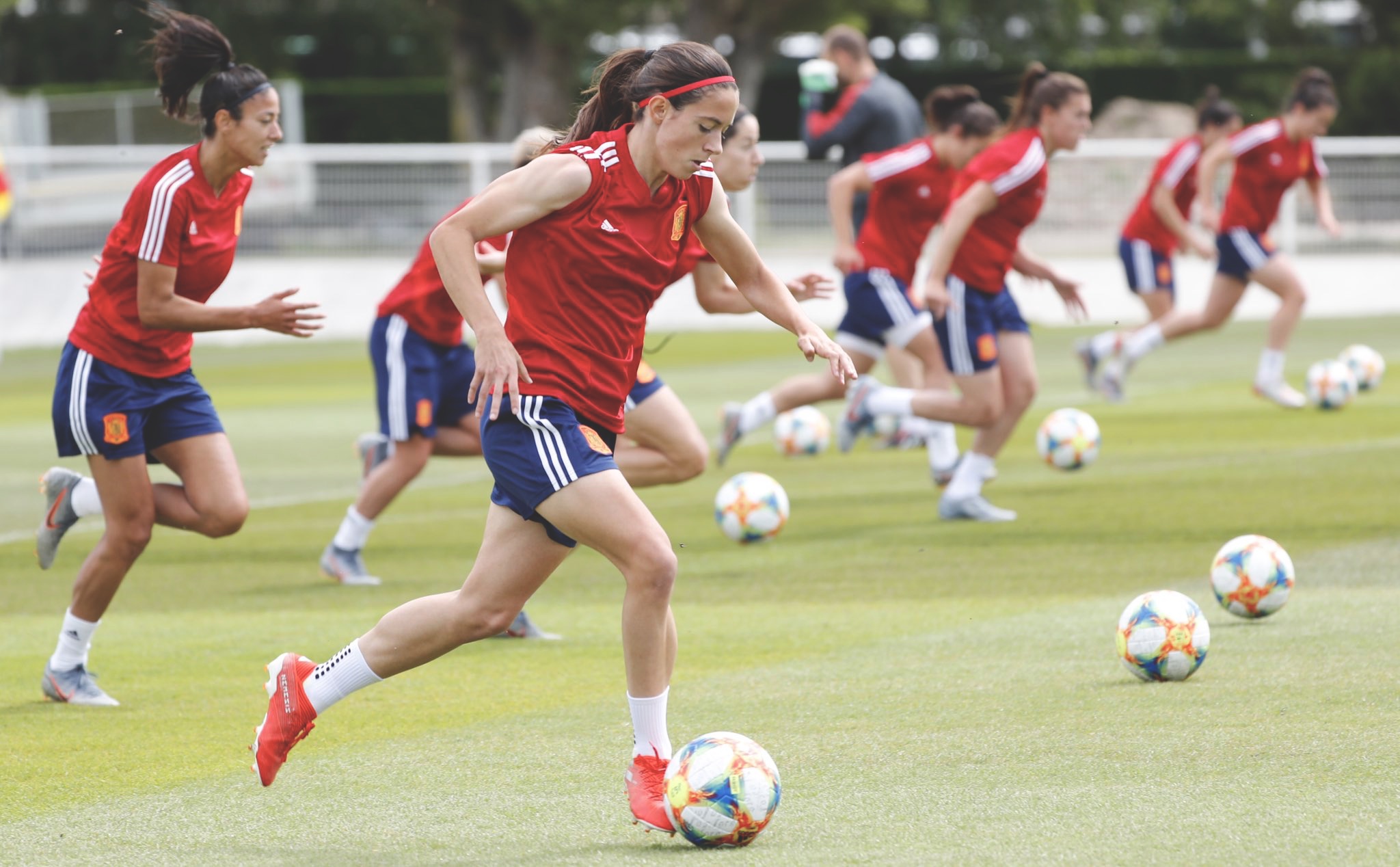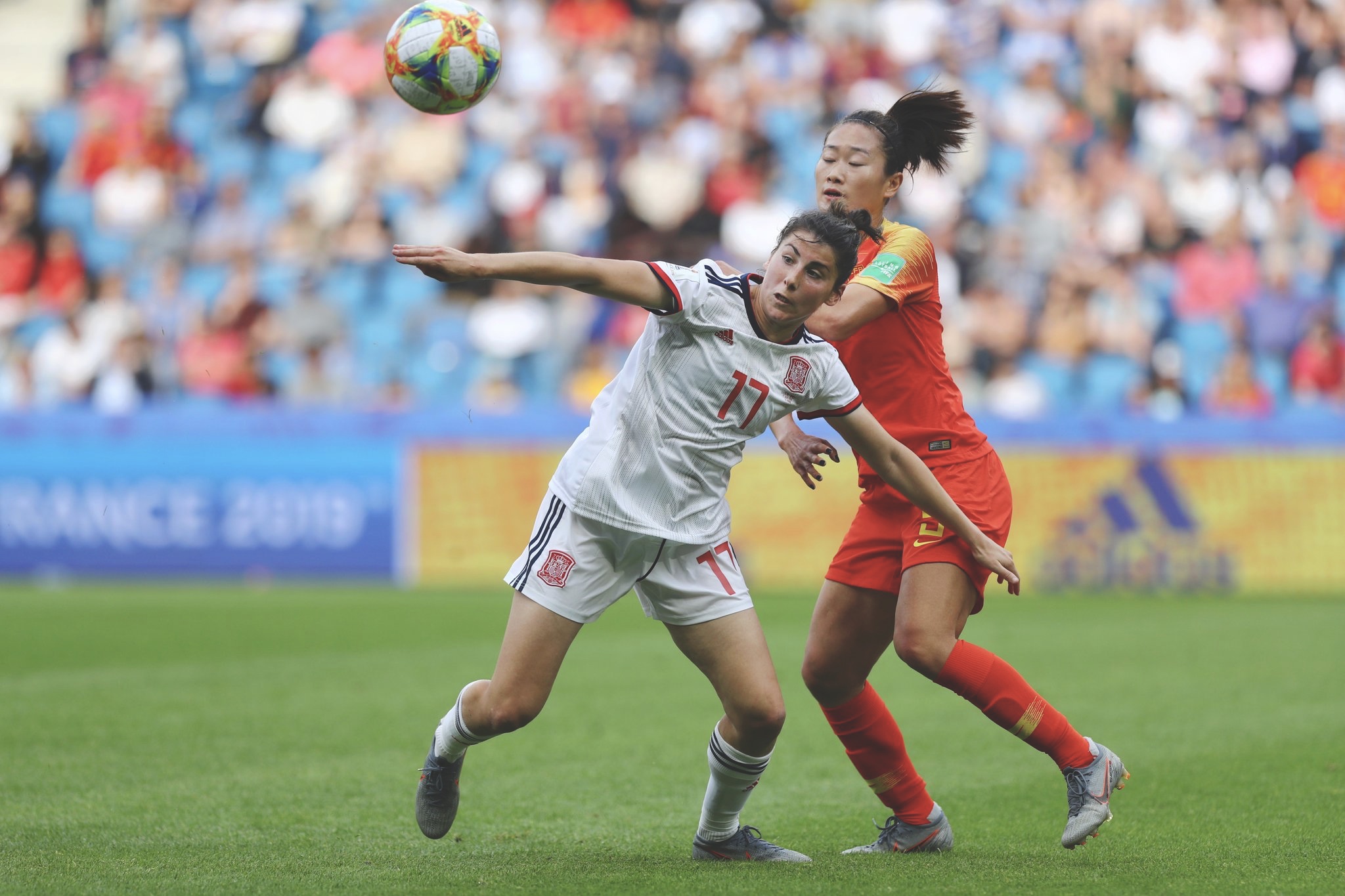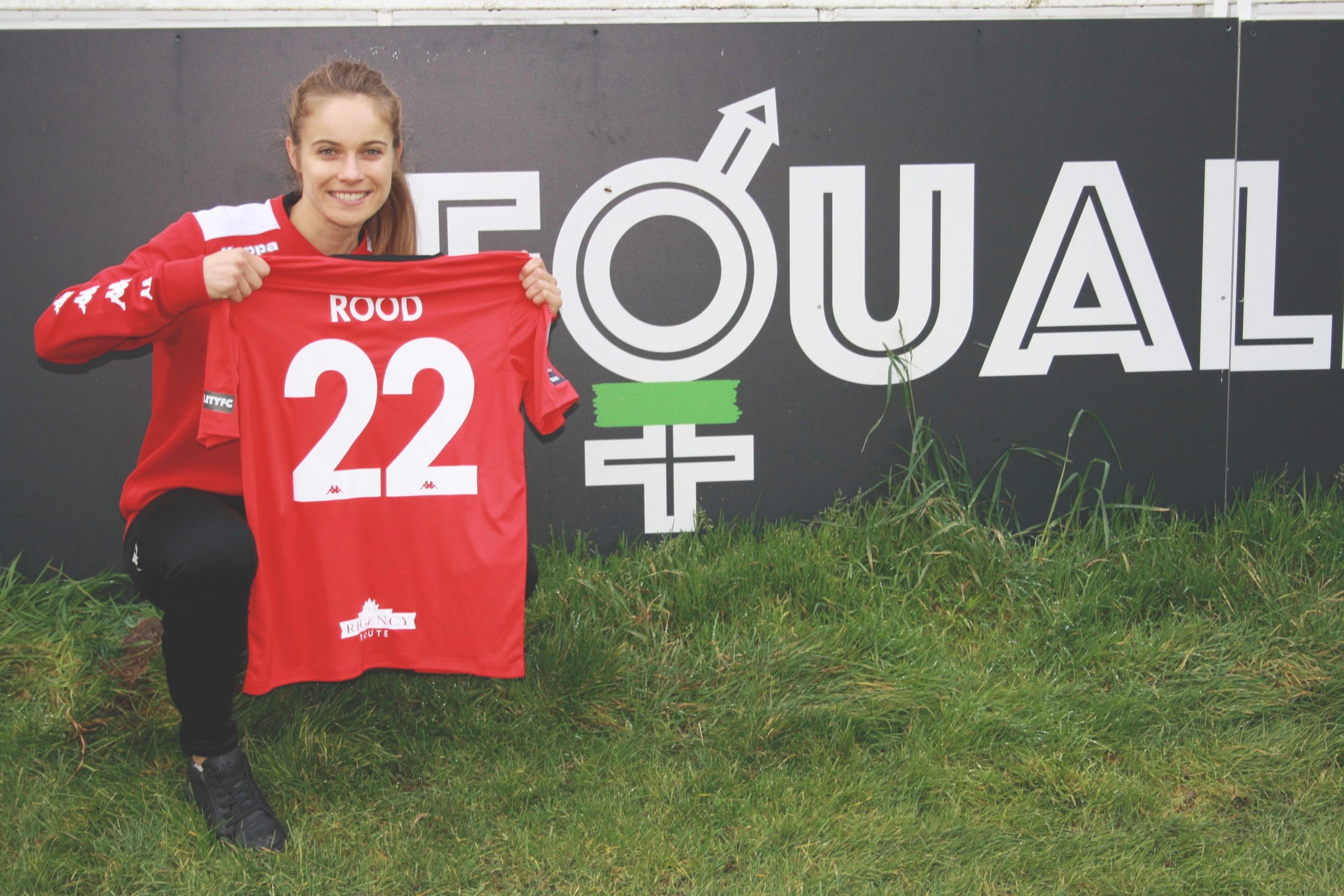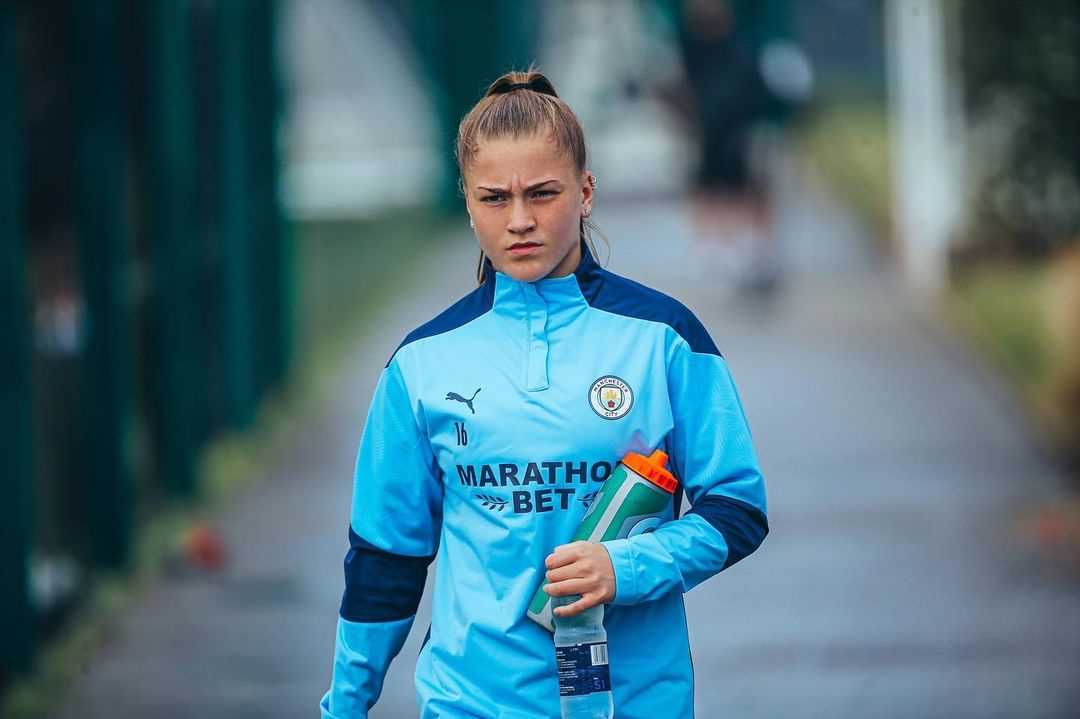The 1971 Women’s World Cup was an international tournament with the drama, glitz and sensation you would expect of any World Cup, but until three years ago it did not even have its own Wikipedia page.
COPA 71 aims to ensure such a remarkable moment can never be overlooked again, telling the story of some of women’s football’s lesser-known legends on the big screen.
We sat down with filmmakers, James Erskine and Rachel Ramsay, to find out more.
People may think that they stand on the shoulders of giants like Brandi Chastain, but Brandi Chastain stands on the shoulders of Carol Wilson.
Mexico 1970. Synonymous with the Men’s World Cup and the success of Pele. Yet, in 1971, football returned to Central America, as Mexico took advantage of the furore of the previous year.
The 1971 unofficial Women’s World Cup was planned with ambitions to reach the same heights, and, for a summer, it transformed women’s football into a spectacle attracting crowds in their thousands.
COPA 71 aims to tell the story of the 1971 World Cup in its entirety. From the growth of women’s football as an underground movement through the mid-20th century, to the creation of the tournament as the sport began to demand space on the world stage.
It charts both the success of a tournament that proved a sensation, with a reported 100,000 fans in attendance at the opening match in the Azteca Stadium, to the aftermath that would see those same events erased from history.
“We want to make it as immersive as possible so that when football is taken away from the women themselves, it’s also taken away from the audience,” Ramsay explains.
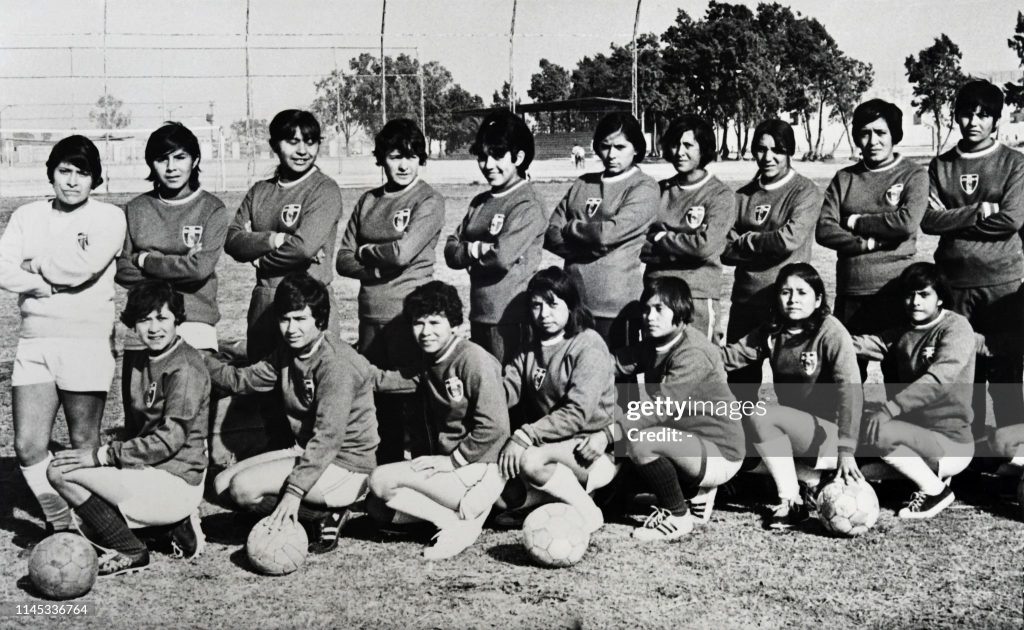
The idea for the film emerged when the original 1971 England squad was reunited on a radio programme on the BBC. The story was compelling, yet no one knew it had happened.
“That nobody knew it existed, seemed remarkable, and it seemed a moral duty at that point to actually try and tell this story,” Erskine says.
“It’s something that really ought to have lit a fuse to make women’s football explode and it’s very curious to us that it didn’t.”
The film is based off extensive archival research, with input from researchers in all six participating nations. Those efforts were helped in no small part by extensive media coverage at the time of the tournament.
“All the women had kept articles, made scrapbooks, made physical memories of the tournament,’ Ramsay tells Since 71. “That led us to amazing archive researchers in Mexico City who uncovered boxes and boxes and boxes of photographs and newspapers that hadn’t been seen since 1971.”
For 50 years it was denied and deniable, now it is absolutely not.
By utilising these records to tell a story that has so far received too little attention, Erskine and Ramsay hope to create an indelible mark in the history books of women’s football.
“We’ve been told we’re coming from a standing start in the 1990s. That’s not actually true,” Ramsay asserts. “It’s a disservice to all the women that came before.”
“Until you recognise history, it’s very easy to say women’s football is a fad or it’s a moment,” Erskine adds. “By showing its deep roots, we show how strong the tree is.”
“People today may think that they stand on the shoulders of giants like Brandi Chastain, but actually Brandi Chastain stands on the shoulders of Carol Wilson.”
For men’s football fans, there is a plethora of icons to draw inspiration from and a history stretching back a century. Resonance with these myths and legends can induct a fan into a lifetime bond with club or country.
For women’s football it seems this lore is only just being discovered and created, but COPA 71 hopes to add to the pantheon of icons in the game.

More than just a history lesson, however, COPA 71 looks to offer the emotional rollercoaster of every great film.
“You want people to leave feeling incredibly indignant as to what happened, so there has to be huge levels of hope and excitement,” says Ramsay.
Erskine enthuses: “It’s everything you want out of a movie: it’s entertaining, it’s exciting, it’s thrilling, it’s a great storyline.”
No longer will Mexico 1971 be lost from the records, instead it will be screened across the world.
“For 50 years it was denied and deniable, now it is absolutely not.”
COPA 71 premieres at the 67th BFI London Film Festival 2023 on 8th October – www.bfi.org.uk/lff. It is planned to be released across the UK in early 2024.

